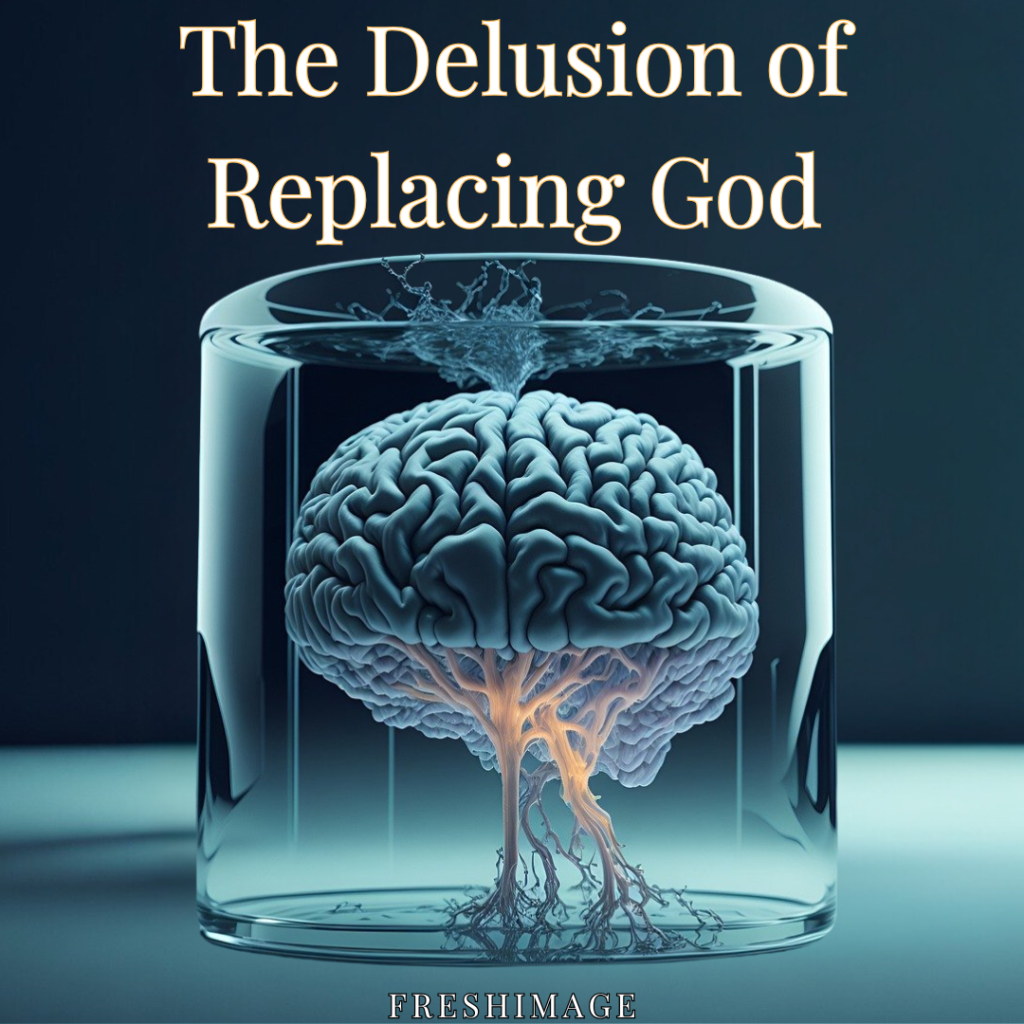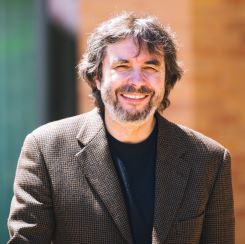
I have always enjoyed conversations with a young professional I have known for several years. Based on my long-term observations of his life choices, I regard him as an intelligent, sensible, and decent person. Recently, I came across a book on his reading list—Homo Deus, a New York Times bestseller by Yuval Harari, a professor of history at the Hebrew University in Jerusalem. Even a brief glance at its contents left me deeply unsettled and prompted me to formulate a response.
One might ask: why should such a provocative and, frankly, offensive book, especially to people of faith, deserve any attention? Would it not be better to dismiss it and move on? I believe there are several compelling reasons to engage with it. First and foremost is its popularity: Homo Deus has been translated into over 50 languages and sold more than 13 million copies. Harari has earned widespread acclaim from literary critics and receives a constant stream of invitations to give lectures, presentations, and workshops. He has become a favorite among some of the world’s largest corporations and most prestigious academic institutions, with a particular following among younger generations.
Second, Harari’s writing is not just something believers might disagree with; it is an attempt to dismantle faith at its most fundamental level, aiming to disable the very defense mechanisms that preserve our moral and spiritual integrity. Harari does not present his views as a polemic challenging the core tenets of faith. Instead, he delivers his extreme positions in a “prophetic” style, as though declaring: “This is the new revelation of ultimate truth.” The troubling question is: why have such extreme views, which sometimes descend into derision of religion, had so much impact and become so seductive?
Harari’s outlook on humanity, the world, and God is almost a studied inversion of the philosophy of the Church. Even the title, Homo Deus (Man-God), seems to deliberately distort the title of St. Anselm’s seminal work Cur Deus Homo (Why God Became Man). Harari’s book turns St. Anselm’s vision upside down. In his view, humans, who are “the outcome of blind evolutionary processes,” lead lives that, “from a purely scientific perspective, have absolutely no meaning.” Biological life is merely “an assemblage of organic algorithms shaped by natural selection,” and the only purpose of human existence, within the context of evolution, is survival and reproduction. According to Harari, there is no God, no soul—only “genes, hormones, and neurons,” with brain processes that are “either deterministic or random, but never free.” If free will is an illusion, then responsibility, sin, and moral agency become irrelevant.
A deep irony emerges here: Harari also promises “salvation” and happiness to humanity. For him, happiness is a state of continuous sensory pleasure, so long as one avoids confronting deeper questions about the meaning and purpose of human existence. Harari enthusiastically endorses the idea of “improving” humanity through genetic engineering and predicts the extension of life—perhaps even “immortality”—through the fusion of human biology with machines, such as construction of cyborgs, or “mind uploading” into AI systems.
It is astonishing that Harari, a professional historian, seems to have forgotten the catastrophic failures of past ideologies that sought to perfect humanity while rejecting God—namely, Nazism and Communism. Both ended in complete disaster!
I believe that Harari’s success lies, in part, in his ability to adopt a quasi-scientific, “objective” narrative. Yet, even when he discusses science, he frequently makes factual errors, far too many to be considered a reliable authority. Moreover, even when he reports true facts, the philosophical conclusions he draws from them reveal his lack of deeper understanding of both science and the human condition.
Harari’s dystopian vision, a rehash of vulgar materialism, presents a world stripped of friendship, love, beauty, sacrifice, and human dignity—revealing that he understands neither God nor humanity. As John Paul II once said during his pastoral visit to Warsaw, “The human being cannot fully understand himself without Christ.” St. Anselm’s Cur Deus Homo offers a vision that resonates with our innate desire for justice, love, and the intrinsic worth of every human life. It provides a coherent framework for understanding history and offers a stable meaning of what it truly means to be human. The question is: how many people have read St. Anselm’s writings lately?

Andrzej Zahorski is Director of Music at St. Anselm Parish in St. Louis, MO. He holds a doctorate of musical arts from Stanford University.